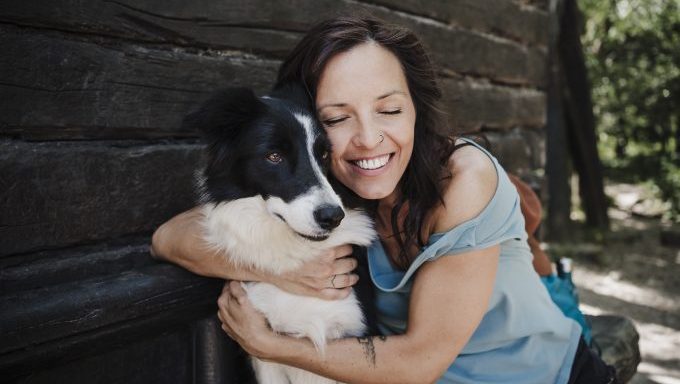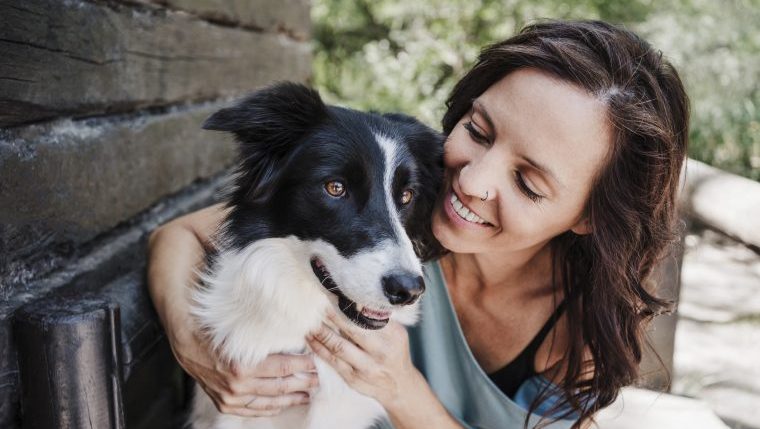
If you are in recovery, you are likely trying everything you can to stay that way, whether that means 12-step meetings, private counseling, regular exercise, indulging your sweet tooth (hey, lesser of two evils, right?), or taking medication to curb alcohol cravings. But one approach to staying sober you may not have considered is adopting a dog. As it turns out, fluffers are not only (wo)man’s best friends but can actually be great partners in sobriety, too!
How Adopting a Dog Can Help Your Recovery
Before you consider adopting a dog, make sure you have enough supports in place to care for your mental and physical health. The last thing you want on your recovery journey is to overwhelm yourself. But if you have graduated from early recovery, and feel confident in your ability to take on the responsibility of a pet, read on!
Dogs are known to help reduce stress (a major trigger for relapse). One University of New York study even showed that four-legged friends are even more comforting than the two-legged human kind! What’s more, dogs love their parents unconditionally. (Bet you can’t say that about your mom or dad!) They can help buffer you against loneliness, provide quiet and calm companionship, and won’t judge you for your failings.
Dogs are creatures of habit, which can be a blessing for those in recovery who are learning to live more structured lives and practicing accountability. Feeding, walking, bathing, and playing with your dog are not just activities to check off your to-do list; they’re opportunities to practice selflessness and get out of your head while also developing a bond with your new fur baby.
Dogs are also great motivators. They’ll get you outside on the regular to soak up the sunshine, breathe in the fresh air, and move your body. Have you ever heard a dog say, “Oh, no, not another walk”? Yeah, us either.
In addition to providing you with support, pups can also facilitate social interaction. Just try going to a dog park and not ending up in a conversation with another pet parent – it’s impossible! You’ll be amazed by how many people you’ll meet with Fido by your side. A big part of recovery is learning to be social in alcohol-free settings, and dog parks are the perfect place to do that.
Dogs and Dopamine
Even if you’re not ready to take the big step of adopting a dog right now, you may find canine therapy helpful. Pups – whether they’re your own or a part-time emotional support animal – facilitate the release of dopamine, that neurotransmitter you were looking so hard for in a bottle. Even volunteering at a local shelter or a rescue organization can get those feel-good chemicals pumping.
So what are you waiting for? Find yourself a four-legged recovery buddy today!









